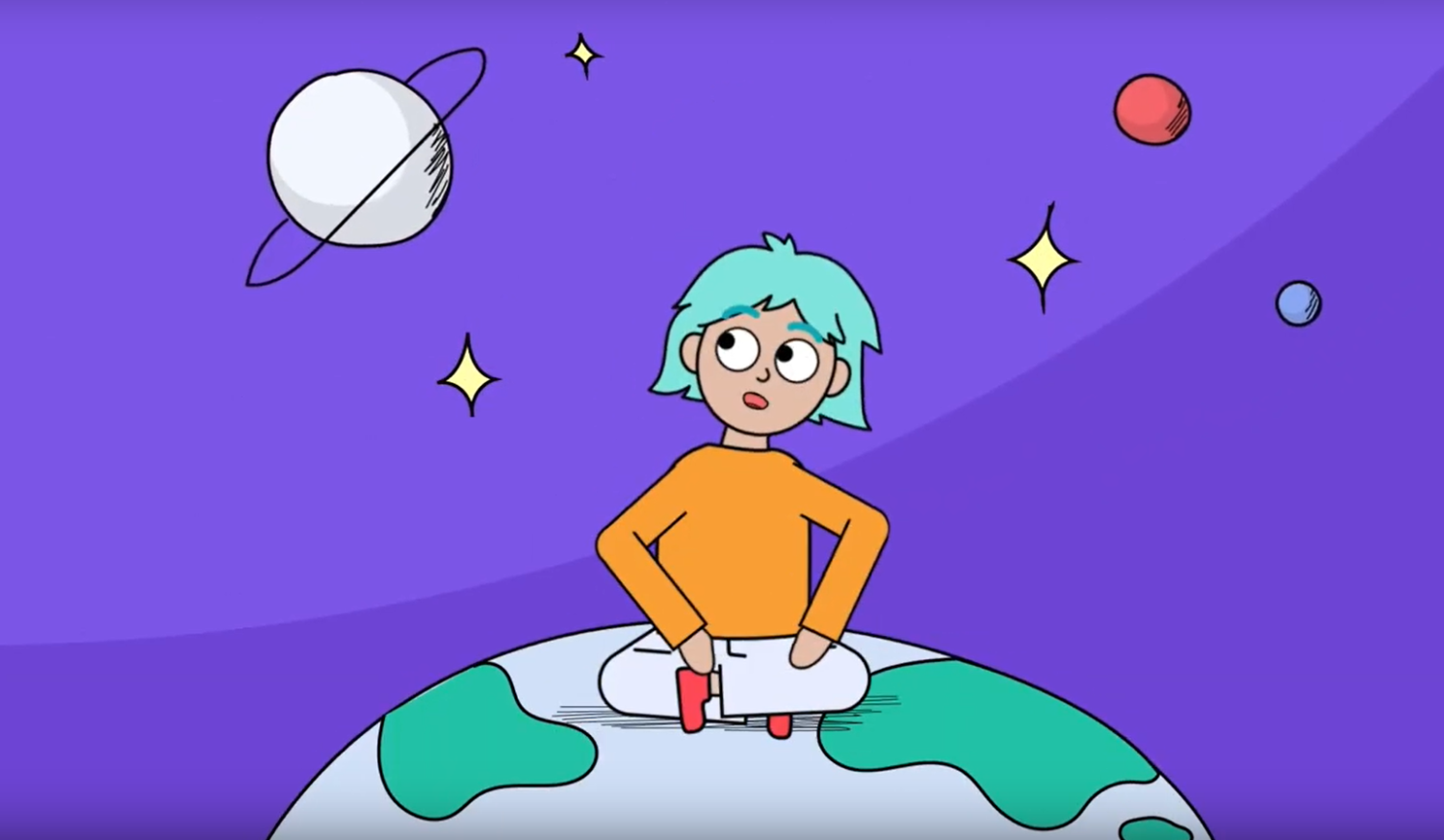|
Newsletter 10/2022 |
|
H2020 No 871018 |
|
|
We’re glad to have you all back at school and university to continue our “launch season”. In our last newsletter, we proudly announced the re-launch of our CO:RE Methods Toolkit and Handbook and now we’re excited to share with you our recently launched animated movie for researchers to inform kids and young people about their rights as research participants. The film “Have you been invited to participate in research? Then you should watch this film!” was developed by our team at the University of Oslo, is available in more than 10 European languages and further translations are in the works. If you have not yet found your language (see full playlist here), and would like to contribute to translation, please do not hesitate to get in touch with us!
📅 CO:RE @ ECREA in Århus | Thursday, 20 October, 18:00 - 19:30 CEST Session: Digital media technologies, industries and young people (session code CYM07) Find all info, see here in the ECREA conference programme. The CO:RE project presents at the annual conference of the European Communication Research and Education Association in Århus. In the presentation, we will reflect on the concept and the appropriateness of the approach and on how the perspectives of different stakeholders as end-users have shaped both the conceptualisation and operationalisation of the collection of evidence.. So far, the Evidence Base counts 1,700+ annotated publication entries and 1,300+ annotated study entries. The development of the CO:RE Evidence Base and Data Directory is coordinated by the CO:RE teams at Università Cattolica del Sacro Cuore (USCS) w/ Piermarco Aroldi and Davide Cino, and University of Akureyri (UNAK) w/ Kjartan Ólafsson and Rostislav Zlámal.
✍️ Guest author: Martina Galler In the latest addition to our key topics blog series, Martina Galler, guest author from one of our H2020 partner projects DIGYMATEX, discusses the ways being online can have an impact on what and how children and young people eat. Read the blog post here! The blog series on key topics is coordinated by Veronika Kalmus (CO:RE at UTARTU).
✍️ Guest author: Miriam Rahali “What theories do people use when thinking about children’s digital lives? We asked this question to researchers and research users as part of our Theories in circulation CO:RE consultation. Ninety people wrote to tell us about their favourite theorists and how they draw on their insights in their own work. From Bronfenbrenner to Vygotsky, Bandura to Piaget, we found that classic theories are still in circulation and they have been “brought up to broadband speed" in interesting ways. To understand how classic theories maintain relevance today, in this blog we discuss the four prominent child development theorists most often referred to by respondents to our consultation.” Read the full blog post here! The theories blog series is coordinated by Sonia Livingstone and Mariya Stoilova (CO:RE at LSE) and are part of the CO:RE Theories Toolkit, which has recently been updated, including a short guiding clip on what the toolkit has to offer. Check it out here!
🚀 CO:RE Policies Directory soft-launched Developed by the CO:RE team at the Technological University Dublin w/ Brian O’Neill and Thuy Dinh, the directory was recently soft-launched. It collates relevant European policy documents that concern children’s and young people’s digital lives. You can (pre-)view the policy directory here! |
|
|
|
Stay healthy and stay tuned. |
|
|
|
|
This project has received funding from the European Union’s Horizon 2020 EU.3.6.1.1 – The mechanisms to promote smart, sustainable and inclusive growth DT-TRANSFORMATIONS-07-2019 – The impact of technological transformations on children and youth under the Grant Agreement ID 871018. The contents of this newsletter reflect only the authors’ view and the Commission of the European Union is not responsible for any use that may be made of the information it contains. |
|
Don't like these emails? Unsubscribe. |





